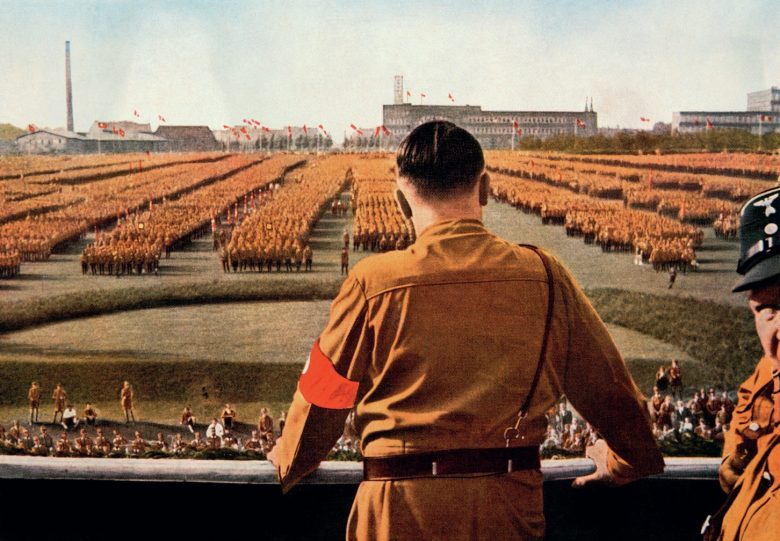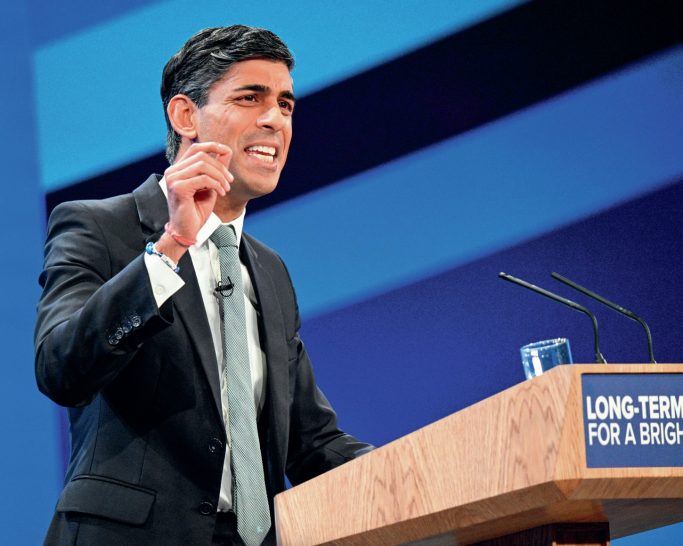
David Blunkett, who served in the Blair government as home secretary between 2001 and 2004, records in his memoirs that at a dinner party with a former Labour home secretary, Roy Jenkins, he was offered some advice: ‘Don’t try to pretend you can reduce crime. There is no way the home secretary can change the trends on crime…’ Blunkett reflects: ‘I am horrified by this view. If we are not here to change things, to do whatever we can to adapt the tools that we have at our disposal to change the lives of those we represent, then we may as well give up.’
Blunkett here highlights a core dilemma of ministers. In many ways cabinet ministers are the key political actors in the British political system. Government departments have the legal authority to make and implement decisions and within the British constitution it is cabinet ministers who control these departments. Yet while this may be the constitutional position, in practice the position of ministers is being encroached on the one side by a complex and interdependent society and on the other side by the growing activism of prime ministers. These changes raise some important questions:
Your organisation does not have access to this article.
Sign up today to give your students the edge they need to achieve their best grades with subject expertise
Subscribe




